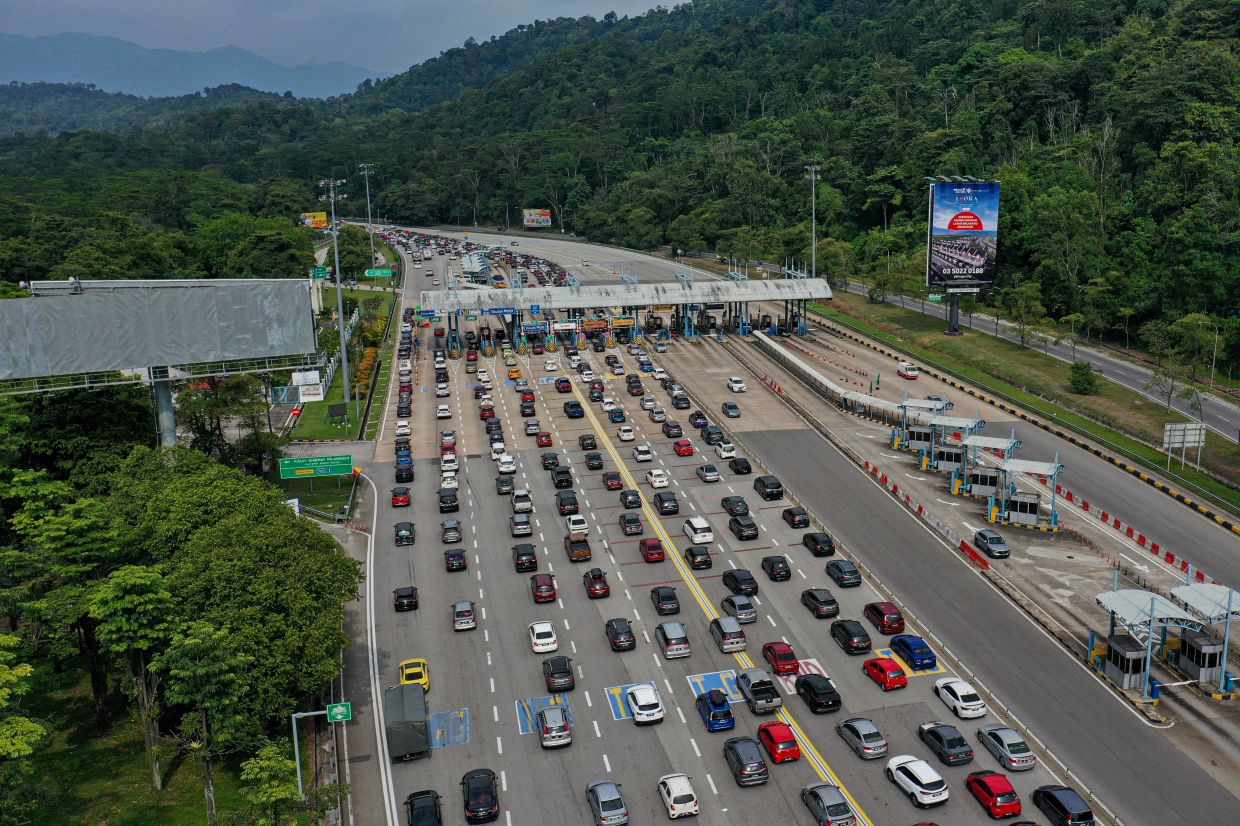PETALING JAYA: More Japanese multinational corporations (MNCs) are choosing Malaysia and Thailand over Singapore as the place for their regional hub to reduce costs and take advantage of new perks, according to Nikkei Asia.
One of these is printing ink manufacturer Sakata Inx, which set up a regional office in Malaysia in February ahead of operations starting either at the end of 2024 or early 2025.
Speaking to Nikkei, a Sakata spokesperson cited "tax advantages" as the reason for Malaysia's selection for the regional head office.
This takes advantage of a Budget 2024 global service hub tax incentive, in which companies that set up regional headquarters here will receive preferential income tax rates of 5% to 10% for up to a decade among other perks.
Nikkei then said that Thailand is another choice for regional headquarters for companies seeking to also enlarge sales and production, adding that Nissin Foods Holdings moved its Southeast Asian headquarters from Singapore to Thailand in 2020.
It added that out of Singapore's neighbours, Thailand is the most popular as a poll in March by the Japan External Trade Organisation (Jetro) found that 19 respondents who were planning or considering a move were considering heading there, while five chose Malaysia.
Quoting Jetro Singapore office deputy managing director Keisuke Asakura, Nikkei said that this is because Thailand has a concentration of production sites, and there is activity to relocate sales functions away from Singapore and its small market.
According to the Jetro poll's results, out of the Japanese companies with regional headquarters in Singapore, 31% had partly relocated their functions to another country or were considering doing so.
"The share was up significantly from 7.4% in the fiscal 2019 survey," said Nikkei.
It also added that many Japanese companies have moved specific functions such as sales or corporate planning out of Singapore instead of uprooting completely for its Southeast Asia neighbours.
On this, Asakura said that "partial relocations to Thailand are expected to accelerate for the purpose of reallocating functions, rather than full transfers" and cited rising office rents and other costs in Singapore.
Nikkei then added that Japanese companies are not alone in expressing concerns about Singapore's rising costs, citing a 2023 survey by the European Chamber of Commerce in Singapore.
It said that while Singapore still has the advantage in location, language proficiency and financial services, 69% of respondents said they would be willing to move some personnel out, given the rising cost of operations.
This is not the first exodus from one Asian country to another, as companies moved from Hong Kong to Singapore following the 2019 protests.
However, when it comes to Singapore, the exodus will likely be limited to sales and similar functions for the time being.










































